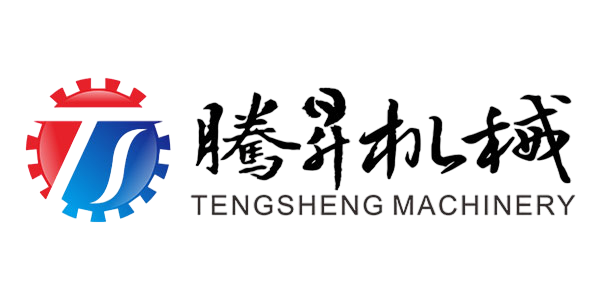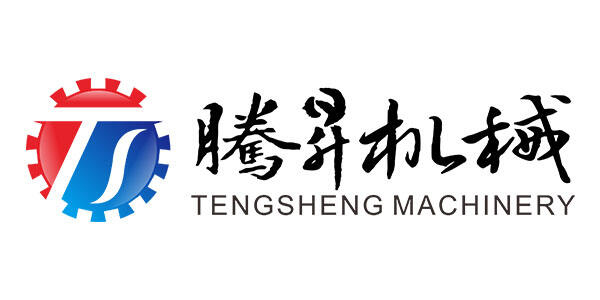When it comes to food sorting, automation really ramps up the speed of operations since machines don't need breaks like humans do, which means factories can process tons more food in much less time. What makes these systems even better is their smart technology that learns from experience through complex algorithms. These intelligent systems adjust themselves based on what they see, whether it's apples with bruises or potatoes of varying sizes, making sure everything gets sorted just right. Some companies that switched to automated sorting saw their output jump by around half compared to when workers did all the sorting manually. As grocery stores and restaurants want faster service without compromising quality, food processors are finding that investing in smart automation isn't just helpful it's becoming essential for keeping up with customer expectations.
When food sorting gets mechanized, it cuts back heavily on the need for manual labor, which means big savings on labor costs. Companies save money because they don't have to pay as many workers, plus machines make fewer mistakes than people do during sorting. Think about how often humans might misidentify something or drop products accidentally. According to recent market analysis from Food Processing Weekly, businesses that switched to automated sorting systems saw their labor expenses drop around 30% within just six months. These savings aren't just good for the bottom line either. With machines handling repetitive tasks consistently, food processors maintain better quality control across batches without compromising speed. Many small to medium sized operations find this balance particularly valuable when trying to stay competitive against larger rivals who already invested in automation years ago.
Modular sorting systems are really important for businesses needing to adjust to shifting production requirements. These setups let companies scale operations up or down without tearing everything apart, which saves money and time in the long run. Food processors especially benefit since they can tailor their sorting lines with different modules depending on what's moving through the plant - apples here, potatoes there, maybe even packaged goods later on. The ability to change things around as needed makes operations run smoother and gets better returns faster than traditional fixed systems. According to some industry folks we've talked to, businesses that go modular tend to stay ahead of the curve when markets fluctuate because their equipment isn't stuck in one configuration forever.
Adding AI to sorting operations has completely changed how we handle quality control because it makes analyzing product features much more accurate. These smart systems look at things such as colors, shapes, and sizes, cutting down on mistakes people might make during manual checks while making sure everything meets strict quality requirements. The latest vision technology driven by AI can spot and categorize items quickly, which means fewer defects reach consumers and happier customers overall. Market analysts estimate that applying AI to food sorting could increase efficiency around 20% according to recent studies. Such improvements mean faster processing times for manufacturers and represent part of the broader trend toward adopting smarter technologies across the entire food production chain.
The TS-X680TD Double Vortex Washing Production Line was designed to take food product hygiene to new levels thanks to its unique dual vortex system. Businesses find this equipment particularly useful when dealing with large volumes of leafy greens and root vegetables, as it handles both washing and sorting tasks while keeping everything spot clean. Many operators report significant improvements in their workflow after installing these units. The machines consistently meet strict food safety requirements, which explains why so many processors in the industry have made the switch to this system for their daily operations.
The TS-WN100 Universal Washing Machine was built to handle all sorts of different foods without compromising on quality or food safety standards. The control panel is straightforward enough that anyone can operate it, even when dealing with everything from delicate greens to tough root vegetables. Many customers report they love how efficient this machine works compared to older models, plus most find the operation surprisingly simple despite handling such varied produce sizes. This makes it a great fit for any facility needing to wash multiple types of food throughout their daily operations.
The TS-X300D Bubble Dish Washing Machine employs bubble washing tech that cleans fragile foods without damaging them, keeping everything looking fresh and intact. Great for stuff that needs extra TLC like mushrooms and berries which tend to get bruised or broken during regular washing processes. People who've used this machine love how fast it gets things done compared to other models on the market, yet still manages to deliver spotless results every time. Food processors looking to speed up their workflow without sacrificing cleanliness find this equipment particularly useful in their daily operations.
Putting sorting systems together with equipment such as apple peelers really boosts how well things run in food processing plants. When apple peelers work alongside sorting machines, they make sure all those apples get peeled properly before moving on to whatever comes next, cutting down both time spent and money paid out for labor. Meat processing sees similar benefits too. Meat shredders perform better when connected to sorting systems since everything gets cut consistently after being properly sorted first. That matters a lot for getting meals cooked right every time while also keeping waste low. Food factories report around a 25% drop in overall processing times when these systems are combined properly. The whole setup just works better together, meaning fewer people need to step in manually throughout the day.
Putting lemon squeezers into our workflow after sorting makes juice extraction much more efficient and gets better yields from each batch. We've noticed that when we place these devices right after sorting happens, there's less time wasted moving lemons around between steps. The whole process moves faster because nothing sits idle for long. Some folks who looked at similar setups found that smart workflow changes could boost production by about 15 percent in their facilities. Basically, keeping products moving through each stage without unnecessary delays really helps streamline things. Getting those squeezers positioned correctly at critical points saves valuable minutes throughout the day while also squeezing out more juice per lemon processed. This matters a lot for businesses looking to maximize output without spending extra on equipment or labor costs.
Water recycling tech combined with modern sorting systems is making a big difference in how farms manage their resources. Some of these setups actually recover around 80 percent of the water during washing processes, which cuts down expenses significantly while keeping things green. According to recent reports from the Environmental Protection Agency, farms adopting these kinds of conservation methods are seeing real improvements in their water management practices. Less wasted water means better alignment with environmental targets, something that's becoming increasingly important as climate pressures mount on agricultural sectors worldwide. Farmers who invest in such technologies often find themselves ahead of regulatory requirements and market expectations at the same time.
Sorting machines that save energy give farmers two main advantages they really need these days keeping up with food safety rules while also cutting down on running expenses. The newer models consume far less power than older ones and some even run partially on solar or wind power, which fits right into what most farms are trying to do with their green goals nowadays. Research shows farms using these efficient systems typically see around a 20% drop in their electric bills, making them pretty good investments despite the upfront costs. When growers start adopting this tech, they not only spend less money but also build more sustainable operations. Over time, this helps create farming systems that can better handle price fluctuations and weather extremes without breaking the bank.


Copyright © 2024 Zhaoqing Tengsheng Machinery Co., Ltd all rights reserved - Privacy policy